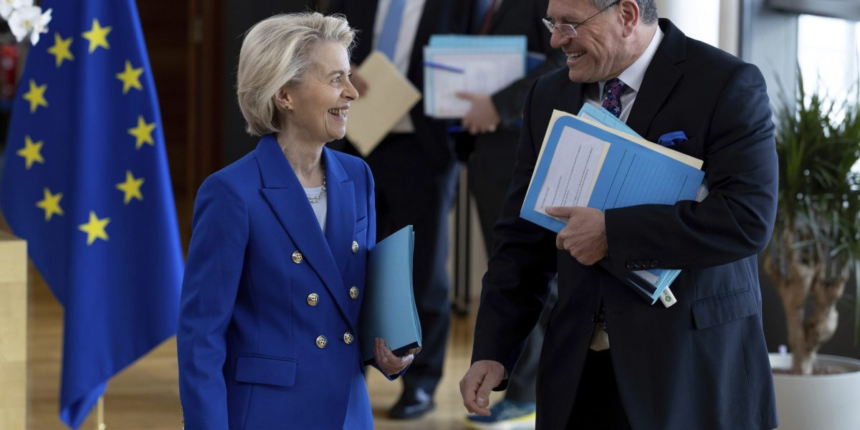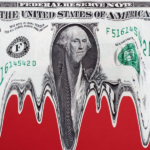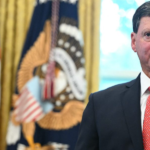The EU — America’s biggest trading partner and the world’s largest trading bloc — had been scheduled to impose ″countermeasures″ starting Monday at midnight Brussels time (6 p.m. EDT; 22:00 GMT). The EU negotiates trade deals on behalf of its 27 member countries.
Von der Leyen said those countermeasures would be delayed until Aug. 1, and that Trump’s letter shows ″that we have until the first of August″ to negotiate.
″We have always been clear that we prefer a negotiated solution,″ she said. If they can’t reach a deal, she said that ″we will continue to prepare countermeasures so we are fully prepared.″
Europe’s biggest exports to the U.S. are pharmaceuticals, cars, aircraft, chemicals, medical instruments and wine and spirits.
Italian Foreign Minister Antonio Tajani was heading to Washington for talks Monday with the U.S. administration and Congress. In a statement, Tajani’s office said that in his talks with EU allies before the meetings, he stressed the need to “negotiate with one’s head held high.”
Trump has said his global tariffs would set the foundation for reviving a U.S. economy that he claims has been ripped off by other nations for decades. Trump in his letter to the EU said the U.S. trade deficit was a national security threat.
Trump isn’t satisfied with some of the draft agreements on trade, White House National Economic Council Director Kevin Hassett said on ABC News Sunday.
“The bottom line is that he’s seen some sketches of deals that had been negotiated with Howard Lutnick and the rest of the trade team, and the president thinks that the deals need to be better, and to basically put a line in the sand, he sent these letters out to folks. And we’ll see how it works out,” he said.
The value of EU-U.S. trade in goods and services amounted to 1.7 trillion euros ($2 trillion) in 2024, or an average of 4.6 billion euros a day, according to EU statistics agency Eurostat.
Trade ministers from EU countries are scheduled to meet Monday to discuss trade relations with the U.S., as well as with China.
Speaking alongside Indonesian President Prabowo Subianto, von der Leyen said the trade tensions with the U.S. show the importance of ’’diversifying our trade relationships.″ Announcing closer cooperation between the EU and Indonesia, she stressed the need for ‘’predictable” trading partnerships based on ‘’trust.”
The Indonesian leader said, ‘’I think the United States will be always a very important leader in the world,” but also stressed the need for multilateral relationships, adding, ‘’We would like to see a very strong Europe.”









